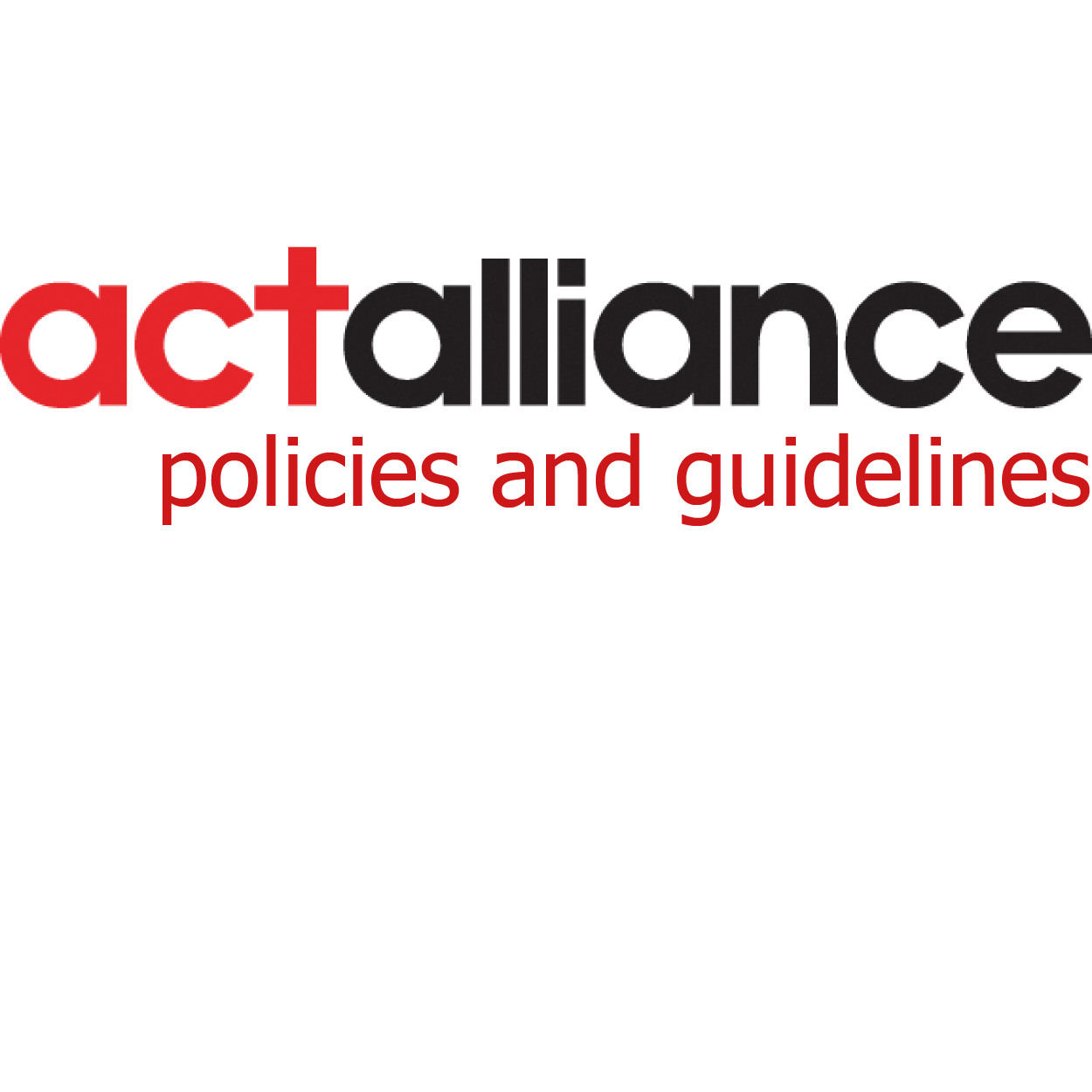The ACT Alliance Child Safeguarding Policy and the Child Safeguarding Guidance Document has been developed utilizing global best practice and standards in child safeguarding (‘child safeguarding’ refers to the internal-facing, business critical policies, procedures and practice that agencies employ to ensure that an organisation is child safe). This Policy is developed based on decades of experience by dozens of international and local organizations working in both development and humanitarian settings. It meets the minimum standards of government donors, including the Australian government, the first to make child safeguarding policies a mandatory requirement of development funding.
Most international NGOs will develop organizational policies at the level of the global headquarters. Many, however, will consult with field offices on the content of the policy. This is particularly important when developing child safeguarding policies. While there are recognized, global minimum standards for the format and sections which a child safeguarding policy should contain, all child safeguarding policies can and should be adapted to the local context of the countries where it is being used. This includes the political, cultural, faith, humanitarian or development setting. It should be tailored to the needs and the program context of the agency implementing the policy. Most importantly, national staff from a variety of cultural, socio-economic, and faith backgrounds should be involved in the contextualization of the policy.
Agencies should consider any other ways of preventing harm to girls and boys from staff and others, in the context of their programs. This includes clear guidelines for all staff to follow, tailored to the context of specific locations and programs, and harmful cultural traditions and practices that occur in the area; conducting police background checks, or, in locations where this is not possible, verbal reference checks; and ensuring all staff understand the policy and comply with the Code of Conduct. Ideally, ACT Alliance members should consider supporting local partner organizations to develop their own policies, code of conduct, and reporting protocols.
It is expected that all ACT Alliance members will include an appropriate clause in their Child Safeguarding policy which references local and international legislation on child welfare, child abuse and child exploitation.
The ACT Alliance Child Safeguarding Policy is available in English, French and Spanish.
Child Safeguarding Policy_English
Child Safeguarding Policy_French
Child Safeguarding Policy_Spanish
(Policies and guidelines)

